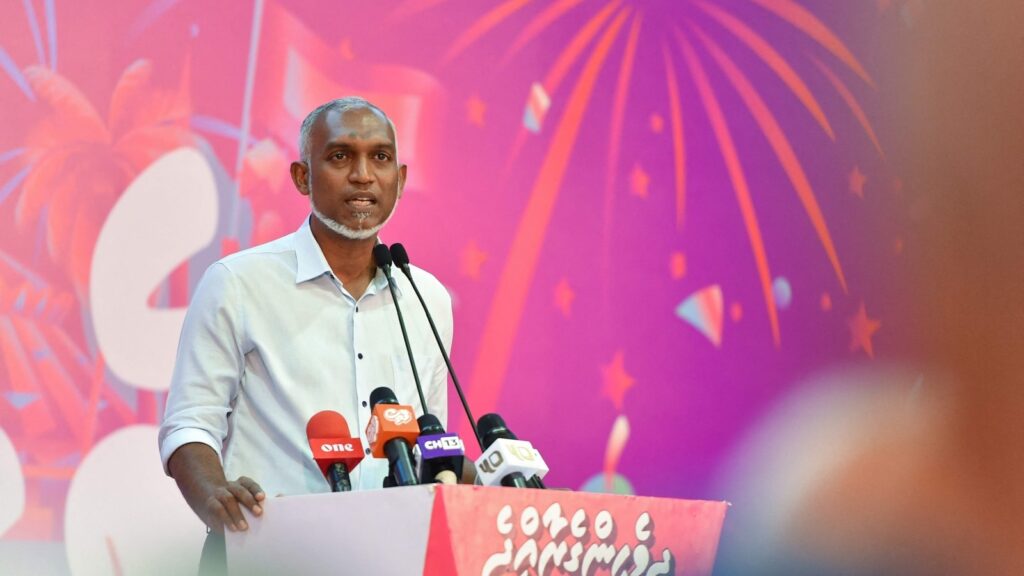An orchestrated anti-India drumbeat played a crucial role in Maldivian Opposition leader Mohamed Muizzu’s victory in the presidential election in the crucial Indian Ocean archipelago over the weekend, dealing a setback to New Delhi’s efforts to counter Beijing’s influence in the region. The outgoing president, Ibrahim Solih, had committed himself to an “India First” policy, while the Indian side poured billions of dollars in development aid into the Maldives over the past five years. It was this close relationship that the Maldivian Opposition latched on to for its “India Out” campaign over the past year: Muizzu was quick to point out after his victory that voters had opted to “win back Maldives’ independence”. While Indian assistance did not come with the crippling debt that has for long been associated with China’s largesse under its Belt and Road Initiative (BRI), including in the case of the Maldives, Solih was never able to fashion a credible counter to the Opposition’s offensive. Muizzu secured an impressive lead in both the first round of the election and the run-off last Saturday, showing that he had been able to sway voters with his message.
One of Muizzu’s first actions after his victory was to get former president Abdulla Yameen, serving a prison term for bribery, transferred from jail to house arrest. It is now widely known that Yameen, a continuing bugbear for the Indian side, reluctantly endorsed the president-elect only after he was himself unable to contest the election, and it remains to be seen if he will be the actual power behind the throne. India has done well by reaching out to Muizzu to congratulate him but the near-complete investment in Solih’s government in recent years could put New Delhi at a disadvantage. India’s established role as the first responder in emergencies in the Indian Ocean and its substantial investments in community projects, infrastructure and housing schemes in the Maldives mean that it will continue to be a player in the strategic country. At the same time, it must look to rework its Maldives policy, both to account for the clear pro-China tilt of the ruling coalition and to include a long-term approach that does not exclusively tie New Delhi to individual leaders. At a time of heightened India-China contestation in the neighbourhood, New Delhi cannot afford any development that dents its strategic edge in the Indian Ocean.

